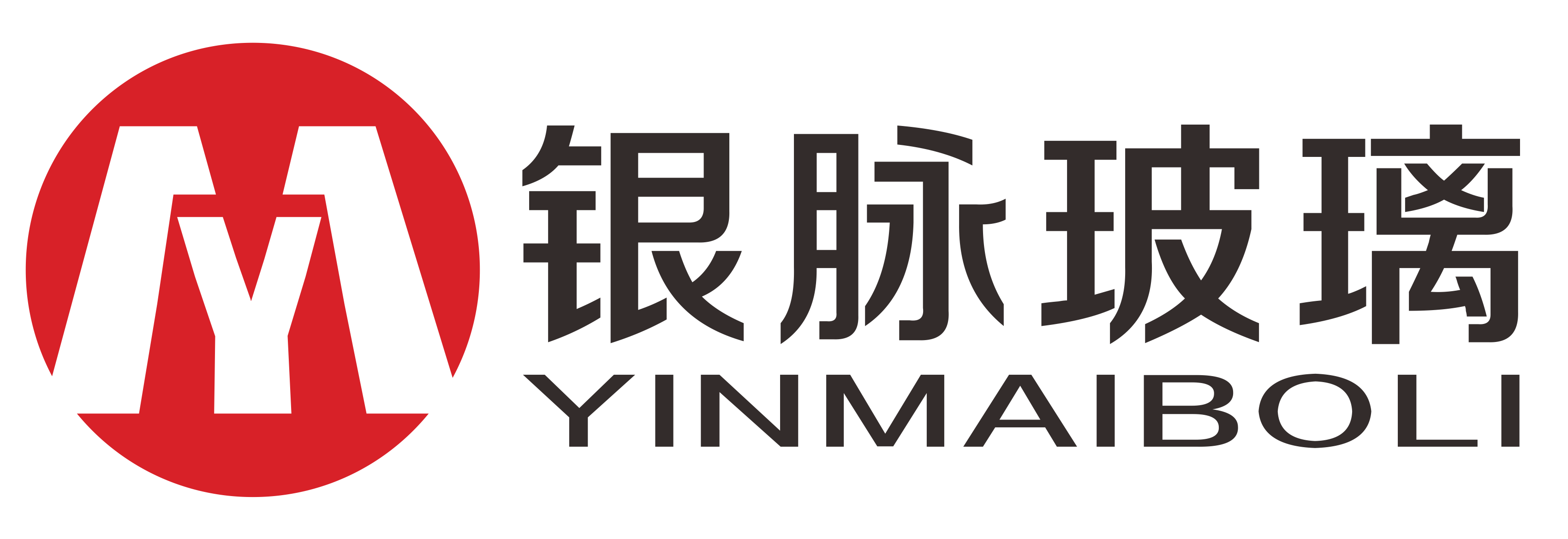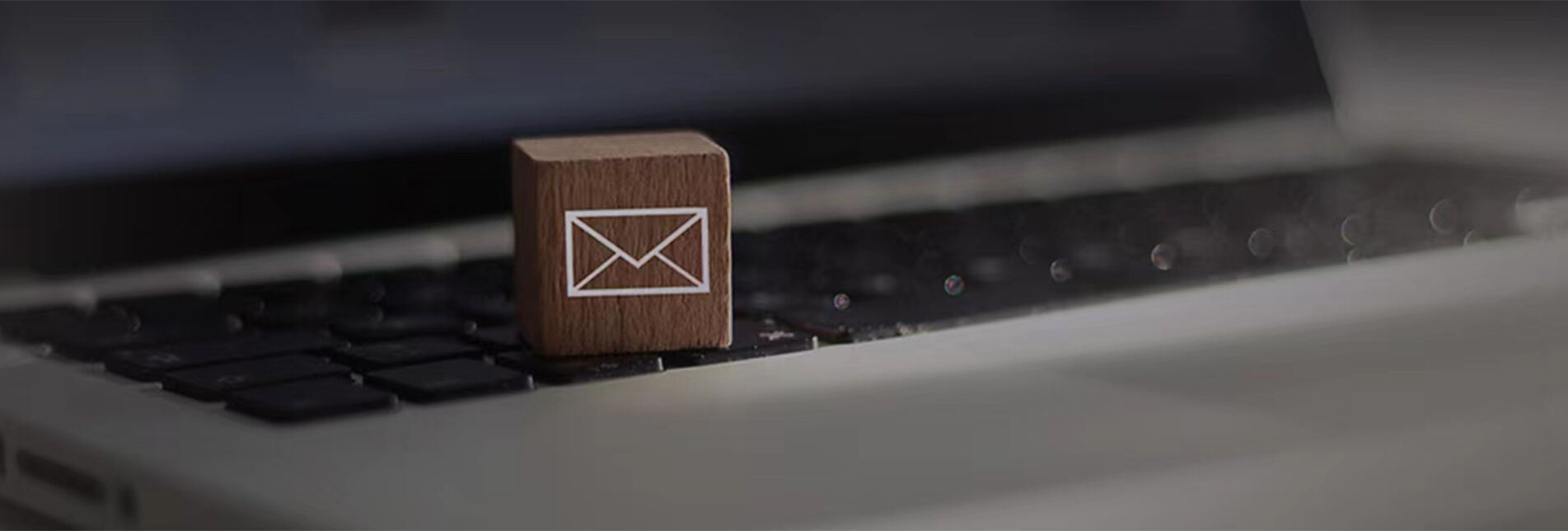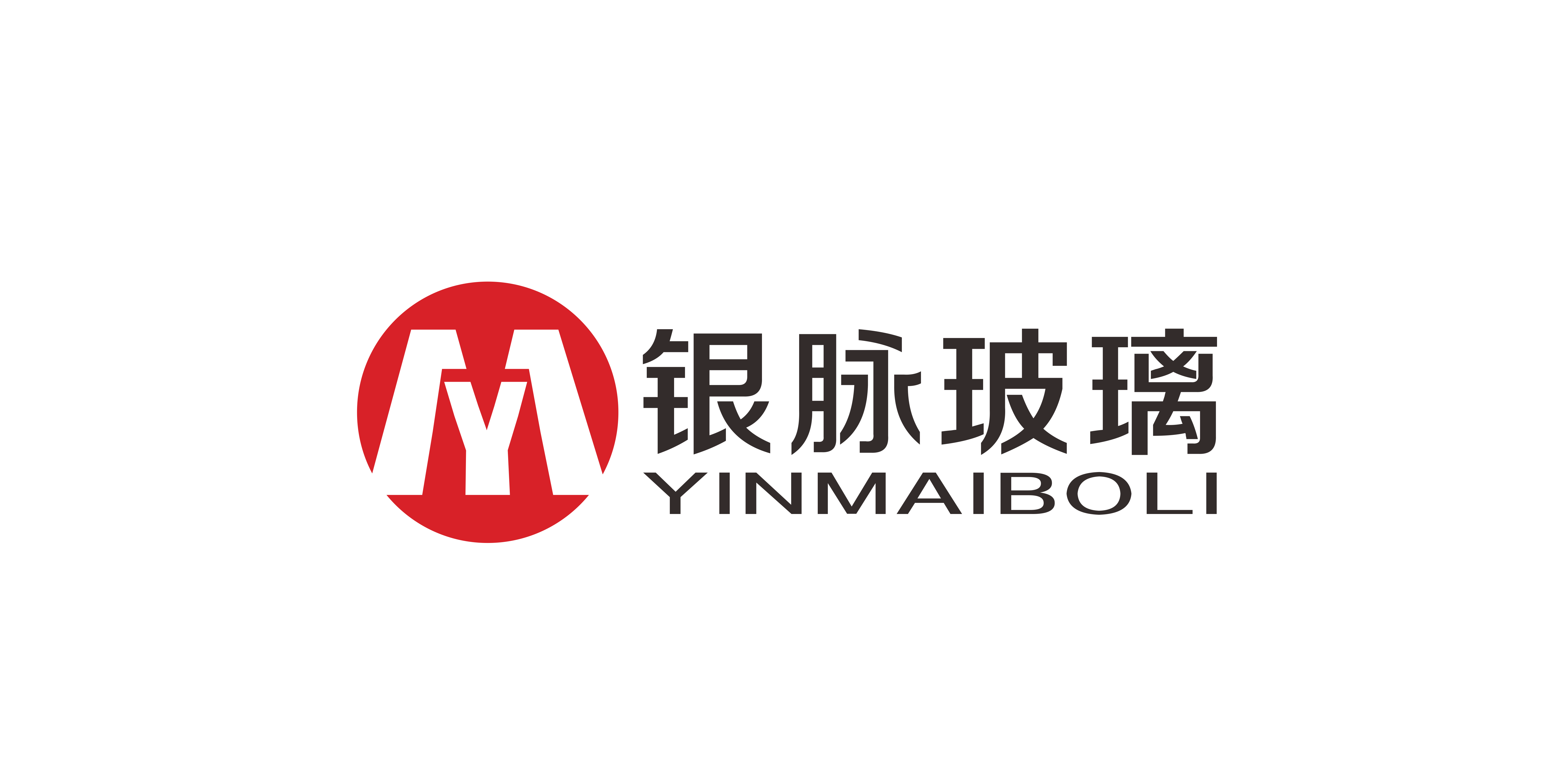Bulk Refillable Glass Lotion Bottles: B2B Packaging Solutions for Reduced Environmental lmpact
The Environmental Case for Refillable Glass Bottles
Reducing Plastic Waste in Personal Care Industry
The problem of plastic waste has become really serious lately, particularly when we look at personal care products where companies dump tons into our environment every year. According to numbers shared by the Plastic Pollution Coalition, the amount of trash coming out of this industry alone is just shocking. We're talking about single use plastics that end up damaging marine life and destroying habitats across the planet. That's why so many people are pushing for refills instead of throwaway containers made from glass or other materials that last longer. Brands that switch over to these refill stations actually cut down on waste quite a bit while ticking boxes for their green initiatives. Take Lush Cosmetics as one example they've been doing this for years now, setting up refill points in stores everywhere. Others follow suit because consumers want it that way too.
Carbon Footprint: Glass vs. Plastic Packaging
Looking at the environmental impact of glass versus plastic packaging tells us glass generally wins out as the greener choice. Research indicates plastic emits more CO2 throughout its entire lifecycle from manufacturing all the way through waste management processes than what we see with glass containers. Some recent market analyses point to how switching to reusable glass bottles cuts down on greenhouse gases substantially. Plus, when manufacturers start incorporating solar or wind power into their glass making operations, they slash those carbon numbers even more, giving green minded businesses another reason to go eco conscious. Choosing glass instead of plastic doesn't just look good on paper either it actually makes a difference for our planet while helping companies maintain their green credentials in today's marketplace.
Lifecycle Analysis of Refillable Systems
Looking at a product's entire life cycle through Lifecycle Analysis helps companies understand how it affects the environment from when it's made all the way until it gets thrown away. Recent research shows that glass containers that can be refilled again and again actually create much less waste and use far less energy compared to those one-time plastic bottles we see everywhere. When businesses run these analyses, they get real insights into where their operations stand on sustainability matters and can then make better choices about improving their green practices. Many manufacturers have found that applying LCA principles lets them spot weaknesses in their current methods, streamline production workflows, and boost overall eco-performance. For example, beverage companies switching to returnable glass bottles not only cut down on landfill waste but also save money in the long run while building stronger customer relationships around environmental responsibility.
Glass as the Premium Packaging Solution
Preservation Benefits for Lotion Formulas
When it comes to keeping lotions fresh and effective, glass containers really shine. Unlike other materials, glass doesn't let outside elements like air, water vapor or harmful sunlight get into the product. This means lotions stay good for longer periods without losing their power. Some studies actually show that particular ingredients in skincare products behave better when kept in glass rather than plastic containers. Take look at what major cosmetic companies are doing these days many have switched over to glass bottles because they know customers appreciate products that last longer and work better from day one until the very last drop.
Chemical Inertness and Product Safety
Glass doesn't really react with what's inside it, so there's no risk of contamination or breakdown over time. For cosmetics especially, this matters a lot because people worry about chemicals from plastic containers seeping into their products. Glass packages meet all sorts of strict safety standards and regulations, which makes them much safer than plastic when it comes to holding beauty products. Companies that switch to glass packaging send a clear message to customers their stuff won't interact harmfully with whatever's in the bottle. As more folks become concerned about what touches their skin and hair products, glass remains the go to choice for brands serious about product safety.
Consumer Perception of Premium Packaging
How people see packaging really matters when it comes to what they buy, which is why refillable glass bottles have become such a hit lately. Recent market research shows folks are increasingly willing to shell out extra cash for packaging that's both good for the planet and looks great on store shelves. Smart companies are catching onto this trend fast, highlighting how glass containers feel fancy and special in their ads. This approach not only makes customers feel like they're getting something exclusive but also helps position these products as premium options worth splurging on. Glass has this unique quality about it too the way light passes through it, how smooth it feels in hand, and just that solid weight when picked up all combine to create an aura of class that appeals to anyone looking for something a bit more luxurious than your average plastic bottle.
For anyone exploring spray bottle fillers, it's worth noting how consumer perceptions also play a role in packaging preferences, as spray bottle fillers can benefit similarly from premium packaging strategies.
In summary, glass packaging not only protects and preserves the quality of lotions but it also boosts consumer perception of luxury and safety, making it an ideal choice for skincare and cosmetic brands looking to align with premium and environmentally friendly packaging practices.
Bulk Refillable Systems for Business Efficiency
Optimizing Spray Bottle Filler Operations
Improvements in technology for spray bottle filling have become essential for making refill systems work better while cutting down on wasted materials. Today's filling machines handle all sorts of bottle shapes and sizes without compromising how much gets poured each time, so there's less mess during production runs. Many manufacturers now connect these fillers directly to their automation setups, speeding things up considerably while keeping an eye on quality standards throughout the process. Take Alpla working with Sea Me as a good case study they've introduced smart labels on PET bottles that track information digitally, giving customers clear details about what they're getting thanks to precise tech applications. Companies looking to optimize their refill operations should focus on regular upkeep of machinery, schedule periodic checks across the facility, and invest in advanced measuring devices when possible. Such steps typically cut down on machine breakdowns and help keep product quality steady across batches.
Designing Logistics for Refill Networks
Setting up effective refill networks takes some serious thinking about logistics, especially when it comes to managing supply chains and getting products where they need to go. A good refill network needs solid infrastructure that handles inventory without breaking the bank on shipping costs while still making sure people can actually find those refill spots. Take Zerooo's system in Germany as a case study - they've got around 1,000 collection points scattered across the country, which makes returning bottles super easy for shoppers and keeps used containers flowing back into the system smoothly. When placing these refill stations, companies need to pick locations that work well both for customers wanting quick access and for keeping delivery trucks from driving circles around town. Investing in better transport tech and going with adaptable logistics approaches helps businesses run things more efficiently and get their refill services out to more people who might otherwise never see them.
Cost Analysis of Refill vs. Single-Use Models
Looking at what happens when companies switch from single use packaging to refillable systems shows some pretty interesting money saving opportunities over time. Businesses tend to spend less on materials because they don't have to keep buying new containers all the time. Plus, there's the bonus of cutting down on those expensive waste disposal charges since the same bottles just get refilled instead of tossed away. Operational expenses shrink too when we think about how much less packaging needs to be stored somewhere. Sure, getting started with refillables usually means spending more upfront cash, but this gets made up for later through all that saved money on raw materials and waste creation. Companies that invest in making their own refillable bottles also boost their green credentials, which matters a lot nowadays when so many customers care about sustainability. And if done right, these refill programs actually help build what people call a circular economy where resources stay in use longer, giving businesses real bang for their buck while doing good for the planet at the same time.
B2B Integration and Fulfillment Strategies
Getting refillable lotion programs integrated into supply chains needs smart B2B strategies if companies want to boost efficiency while keeping product quality intact. When businesses connect their systems using API integrations and work together on collaborative platforms, they create smoother communication channels that make the whole supply chain run better. Real time data sharing via these APIs lets companies automatically handle orders and keep track of inventory levels, which saves time and reduces errors. The collaborative platforms also help build stronger relationships between different parts of the supply chain network, which leads to faster problem solving and more creative solutions when challenges arise. Good fulfillment practices mean making sure deliveries happen on schedule, running proper quality tests at every stage, and maintaining open lines of communication with partners. Take Procter & Gamble for example they've been leading the way in B2B refill initiatives for years now. Their system improvements have cut down waste significantly while still meeting all those tough industry standards for performance and reliability.
Consumer Education and Behavioral Shifts
Teaching people about refillable systems is really important if we want to push forward with responsible consumption and being green. There are several ways to get this message across including workshops, online buzz, and actual store demonstrations that show what's good about refills from an environmental standpoint. Take those seminars for example they actually let folks see all the details about why switching to refillable lotions matters so much for our planet. Social media posts work too since they can reach lots of people fast and spread the word about going eco-friendly. We've noticed lately that more shoppers are open to trying out refill stations now that they know better and care more about their carbon footprint. Less plastic waste means everyone is slowly moving towards living sustainably, just look at companies like Patagonia or Lush who spend time teaching customers how refills work and why they matter.
Hygiene Protocols for Bottle Reuse
To keep refillable bottles safe for repeated use, proper cleaning procedures are absolutely essential for putting consumer worries about germs and contamination at ease. The key here is following strict cleaning routines that actually work. Good practice means scrubbing those bottles thoroughly after each fill, something most people overlook but makes all the difference. Health organizations such as the WHO recommend specific steps including food safe detergents and multiple rinse cycles to get rid of any leftover soap. When companies display their certification from recognized bodies, it builds confidence among customers who might otherwise hesitate. All this attention to detail doesn't just make people feel better about refilling their containers; it also plays a big role in making eco-friendly habits stick within the cosmetics world where product safety remains paramount.




